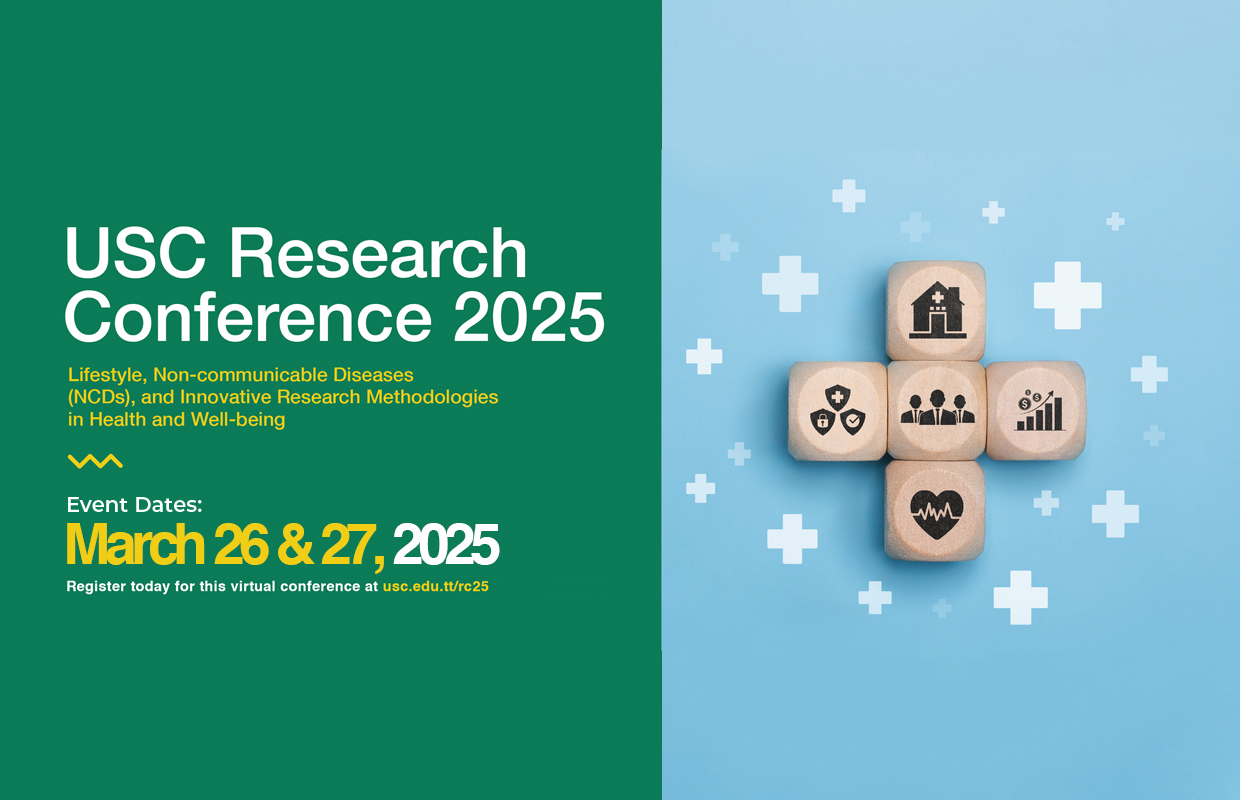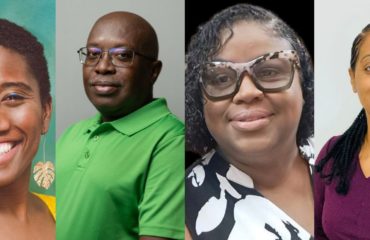By Ms. Simone T. Augustus, Communications Specialist, Office of the President
At the University of the Southern Caribbean, health goes beyond just the clinical—it’s also a question of how we live.
On March 26 and 27, 2025, USC reaffirmed its growing reputation as a convener of serious academic inquiry. The second edition of the USC Research Conference, held virtually, focused on a topic both timely and urgent—Lifestyle, Non-Communicable Diseases (NCDs), and Innovative Research Methodologies in Health and Well-being.
The conference drew more than 300 attendees, including USC students, public health scholars, behavioral scientists, medical professionals, and voices from a wide range of disciplines all asking: How can we live better, longer, and more equitably? Four keynote presenters each tackled health from a distinct angle.

Dr. Samuel G. Hansdak of Christian Medical College in Vellore, India, opened with a talk on lifestyle medicine, calling it a practical and evidence-based strategy for living longer and healthier—not just avoiding illness, but improving the quality of life.
Dr. Samuel E. Dey, a psychiatrist and founder of the Dogon Behavioral Medical Group, reflected on how mental health practice is shifting, and what modern psychiatry must grapple with as treatment models and patient needs evolve.
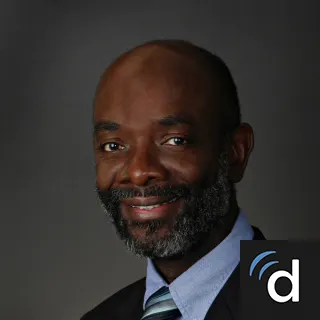
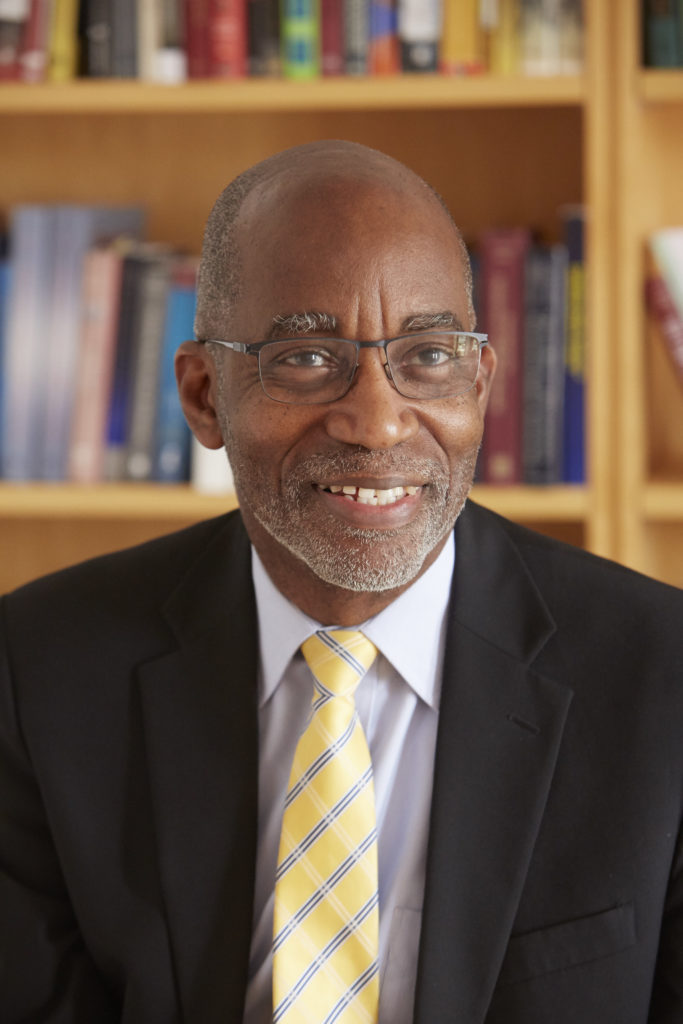
Harvard University’s Dr. David R. Williams focused on improving health in the Caribbean. His talk dug into the region’s deep-rooted health inequities and pointed to policy-level changes as necessary steps toward meaningful improvement.
Dr. Loren L. Toussaint, a psychology professor at Luther College, brought something different to the table: self-forgiveness—an unusual but resonant topic in a space often dominated by clinical interventions. His research explored how this internal shift can affect physical health and overall well-being—a reminder that care starts within. Dr. Toussaint is also a co-principal investigator of the Caribbean Self-Forgiveness and Flourishing Project, a collaborative study conducted in Trinidad and Tobago by researchers from the United States, Poland, and USC. The project is funded by the Templeton World Charity Foundation.
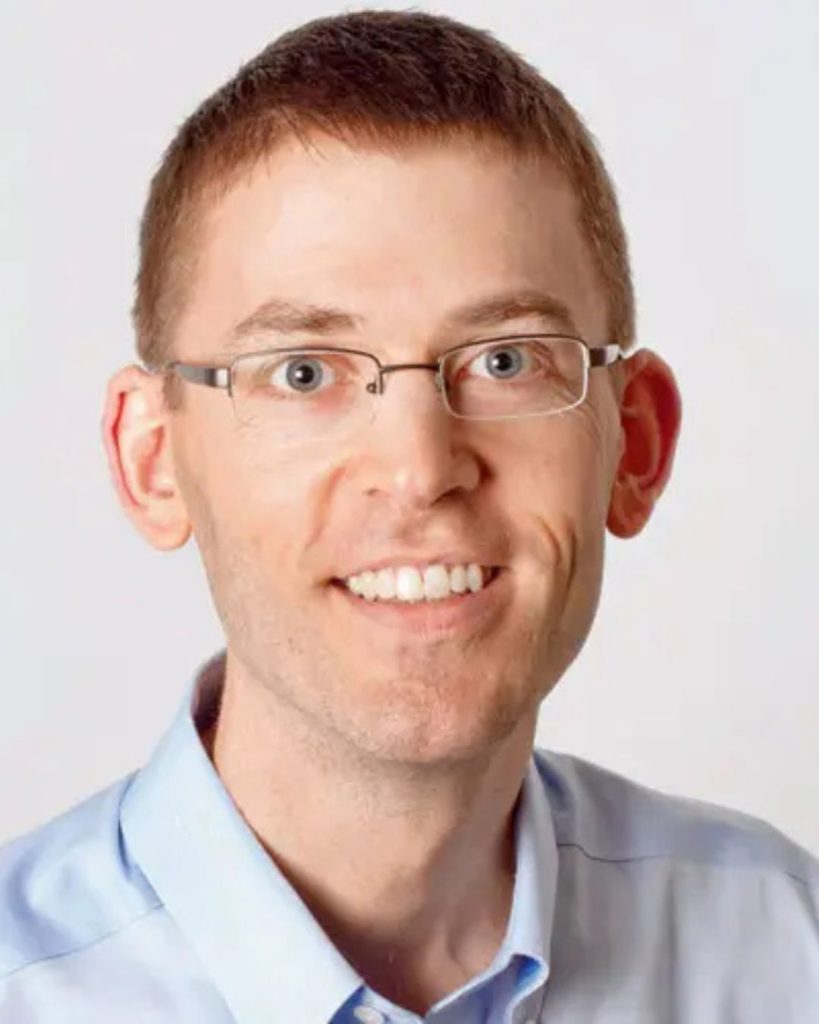
Across both days, researchers from more than a dozen institutions shared their work. North American institutions included: Dogon Behavioral Medical Group, Harvard University, Luther College, Loma Linda University, Providence College, Walla Walla University, Texas Tech University, California State University, and Riverside University Health System Medical Center. From South Asia: Christian Medical College, Vellore, India. Caribbean institutions included: Nations School of Business and Management (Guyana), the University of the West Indies (St. Augustine Campus), Caribbean Union Conference of Seventh-day Adventists, and the University of the Southern Caribbean.
The mix of medical schools, public health departments, and faith-based organizations reflected a shared concern with not only treatment but prevention, habits, and the broader systems that shape health.
The event was supported by the University of the Southern Caribbean and a grant from the Templeton World Charity Foundation. It was coordinated by the USC Research Conference Committee, with members Dr. Dave Cassie, Dr. Susan Chand, and Dr. Lydia Campbell-George.
The goal was simple: create space for ideas grounded in data, cultural context, and forward-thinking approaches to health. The conference asked its attendees—and the institutions they represent—to take a closer look at the everyday decisions, cultural norms, and public structures that affect how people get sick, and how they might stay well.

